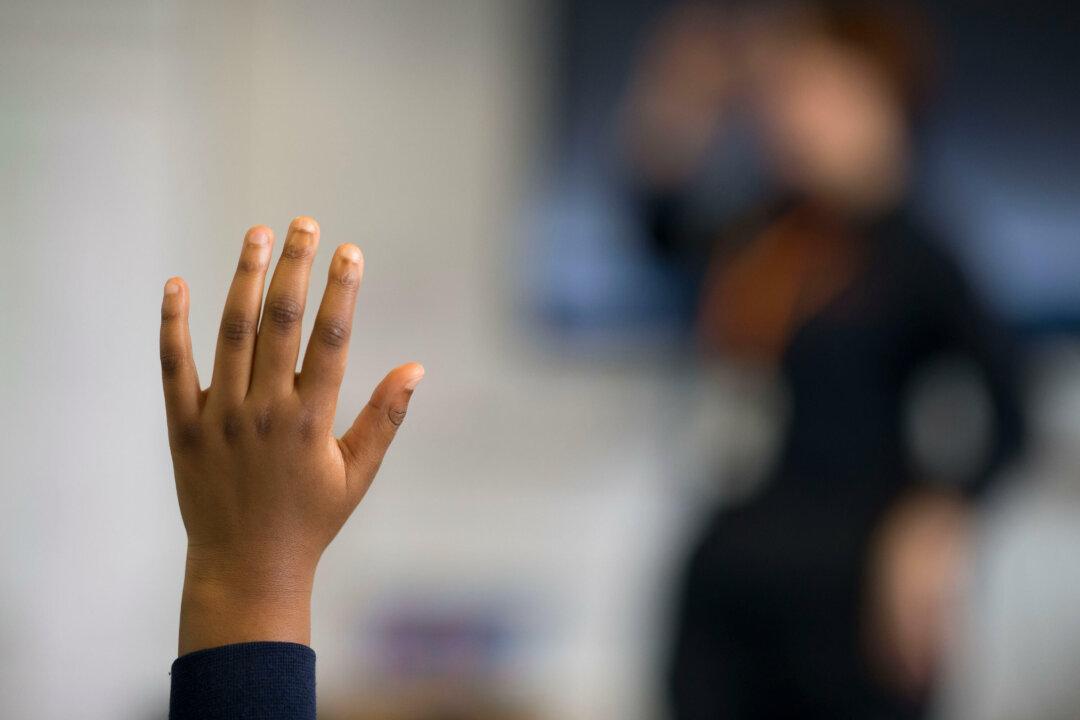British MPs have discussed how materials are being flooded into schools by external providers who are exposing children to “deeply inappropriate, wildly inaccurate, sexually explicit, and damaging materials” in the name of sex education.
On Thursday, concerns were raised in Westminster Hall that children as young as six are being introduced to indoctrinating, graphic, and extreme sexual material from sex education providers. Westminster Hall debates give MPs an opportunity to raise local or national issues and receive a response from a government minister.




